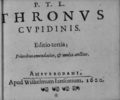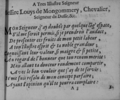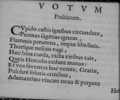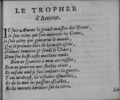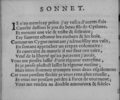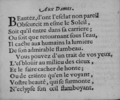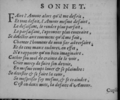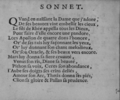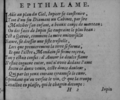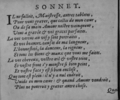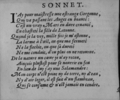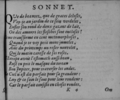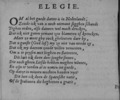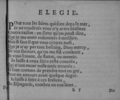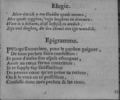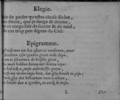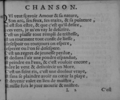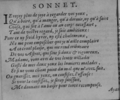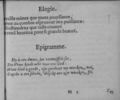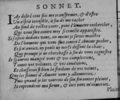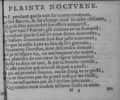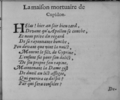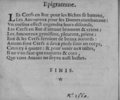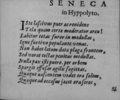Seneca in Hyppolyto

SENECA
in Hyppolyto.
ISte lascivus puer acrenidens
Tela quam certo moderatur arcu!
Labitur totas furor in medullas,
Igne furtivo populante venas.
Non habet latam data plaga frontem,
Sed vorat tectas penitus medullas.
Nulla pax isti puero. per orbem
Spargit effusas agilis sagittas.
Quæque nascentem videt ora solem,
Quæque ad occasus jacet ora seros,
in Hyppolyto.
ISte lascivus puer acrenidens
Tela quam certo moderatur arcu!
Labitur totas furor in medullas,
Igne furtivo populante venas.
Non habet latam data plaga frontem,
Sed vorat tectas penitus medullas.
Nulla pax isti puero. per orbem
Spargit effusas agilis sagittas.
Quæque nascentem videt ora solem,
Quæque ad occasus jacet ora seros,

Translations
 |
Seneca in the
Hippolytus1
That sprightly lad with his sharp gleam, how he wields
his weapons with his steady bow! Madness slides down through all the marrow, while stealthy fire ravages the veins. He does not show an open face once the blow has been struck, But he eats through the marrow hidden deep inside. That boy knows not of peace. He deftly scatters his arrows in waves over the world. Every region that sees the birth of the sun, every region that lies close to where it sets late in the day, Whatever country is subjected to the scalding Crab, Whatever country suffers the always roaming tillers of the Great Bear's icy regions, It knows of this heat. He fans the fierce heat of youth; in the tired elderly he rekindles the fire that was extinct. He strikes virgins' breasts with unknown fire. He even orders gods to leave heaven and live on earth in disguise. |
Literature
Sources and parallels
References, across this site, to this page:
No references to this emblem or page found.Iconclass
Comments
commentaryNotes
A description of the power of Cupido / Eros is to be found in Sen. Hippol. 177 sqq.: Phaedra's answer to her nurse, after
the latter had tried to dissuade her from giving in to her love for her stepson Hippolytus.
In Euripides' Hippolytus it is not the power of Eros but of Aphrodite. He even orders gods to leave heaven and live
on earth in disguise / under a false identity: there is no mythological evidence of Eros'/Cupid's actually ordering gods to
leave their heavenly abode, but in his multiple amorous quests Zeus/Jupiter for instance woed mortal women and boys in disguise:
as an eagle, a swan, a boar, a bull etc.
![[H O M E : Emblem Project Utrecht]](/static/images/rd-small.gif)
